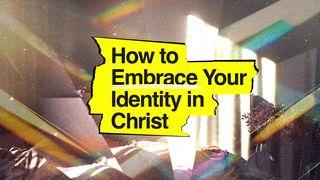Plan info
5 Puritan Women: A 5 Day DevotionalSample
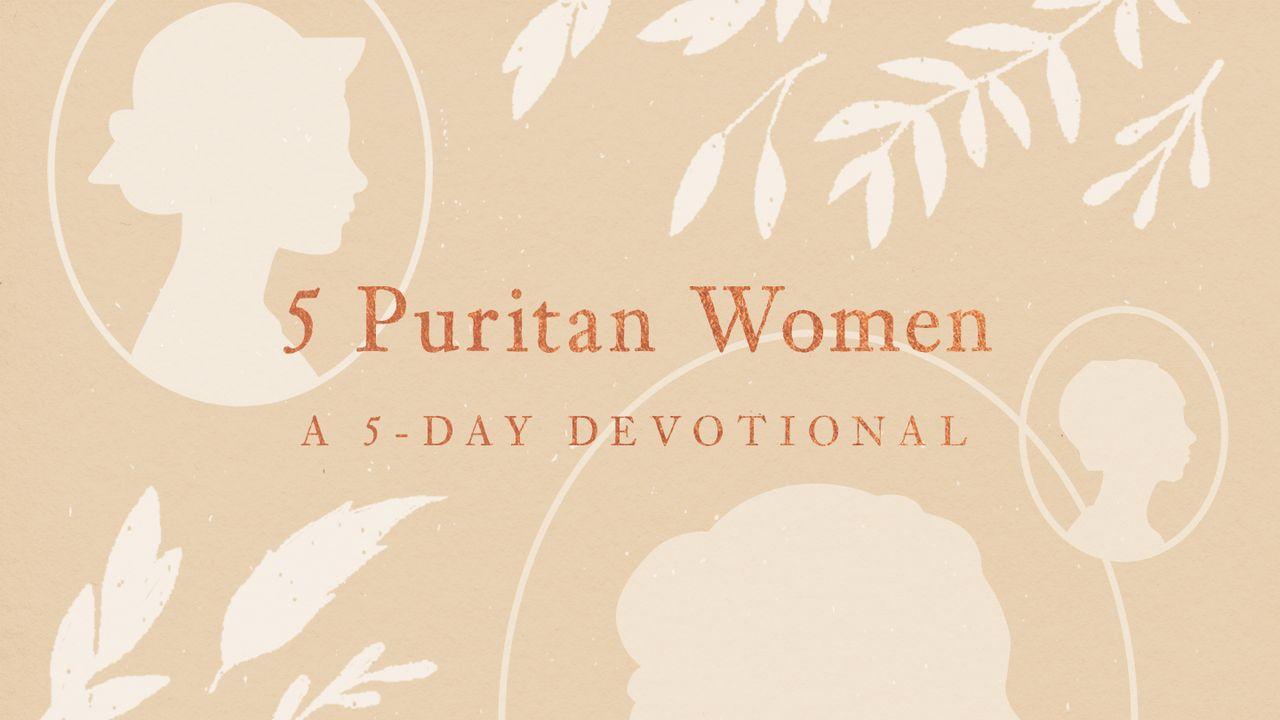
Mary Rich: Turning Pain into Power
Mary Rich was the figure I struggled with the most when researching Puritan women. This was not at all because she wasn’t Puritan enough; in fact, she might be the most religious of the lot. Rather, it was because she wrote about a difficult relationship in her life—her marriage—that never seemed to find a resolution. It was hard to read her diary entries and meditations, seeing this highly devoted woman constantly being knocked down by the strife in her home. At one point, I almost decided to simply not include anything about her marriage in my research and focus on the positive aspects of her life. But, as we all know, it is really in the heat of these impossible moments that we see what we’re made of and are forced to grow as a person, and erasing those parts of our stories not only gets rid of bad things, but good things too.
This is so clear when you read Mary Rich’s spiritual writings, which include her recorded meditations, years of diary entries, and a short autobiography. She documented her feelings about her relationship struggles with much candor, once saying that during an argument with her husband she wished she was dead. But she turned these intense and difficult emotions into a resolve to live life to its fullest by spending time with God in nature, serving those in need, and admiring the beauty of a calm and gentle spirit, both in herself and in others.
She routinely went outdoors, hung out with her two favorite siblings, Katherine and Robert, who were also devout Christians and worked as scientists, became a surrogate mother to her three nieces who had lost their father, gave away a third of her income to students, pastors, and people in need, and holistically cared for her employees by tending to them when ill and going through catechism with them. And it seems she had a great time! During her meditations, God comforted her and she “went away cheerful and composed”; she took “daily delight in” being outdoors; and she recalled the “very great and sensible pleasure [she] often experienced in clothing naked backs” (Memoir . . . Also Her Diary, 128; Occasional Meditations, 134, 172).
In the end, I feel that one of the ironies of Rich’s story is that though she was dealt one of the worst blows by having her marriage—a relationship she placed so much hope in—fall apart before her eyes, what she did with this pain was probably the most impressive out of all the stories of Puritan women. Rich was relentless—she was always giving, always caring, always spending time with God, and always enjoying. Though all of them positively impacted their communities in one way or another, Rich’s was probably the most influential and long-lasting. Her reach extended to so many people in so many ways. And I hope that by reading her story and, in the end, realizing that it doesn’t call for pity but admiration will help us do the same with the more difficult parts of our own stories—the ones that we write about in our personal diaries but hide from the watching world—for it is often our deepest pains that inspire and motivate us to do the greatest good we can do in our lifetimes.
Scripture
About this Plan
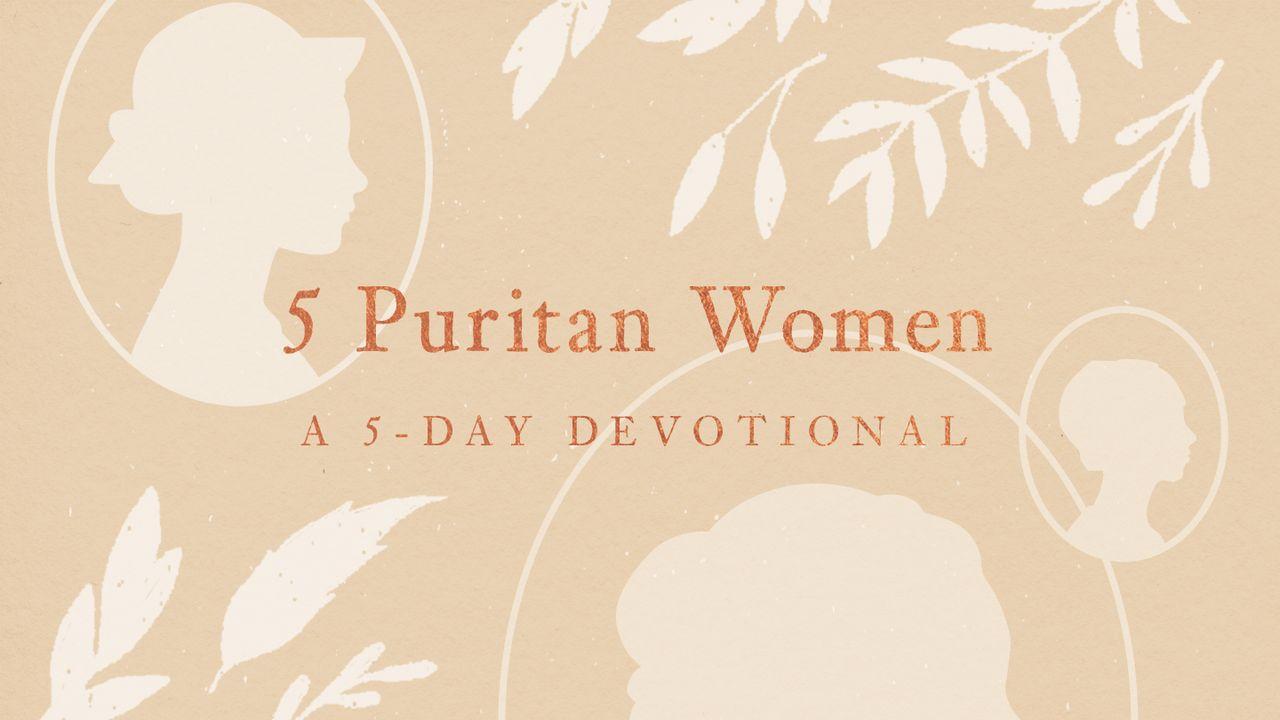
Over the course of 5 days, learn about 5 Puritan Women whose lives, though often unknown and overlooked, reflected a devotion and love for God.
Related plans

Waiting Through Advent With Isaiah

Walking by Faith One Day at a Time

Jesus & Hell
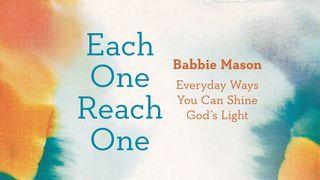
Each One Reach One

Growing in the Knowledge of God

5 Mistakes Godly Dads Avoid or Overcome

Hope Is on the Horizon

Sorry, I Changed
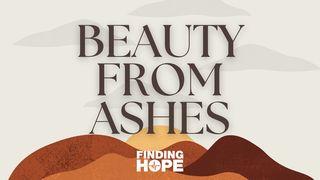
Beauty From Ashes: Finding Hope in the Midst of Devastation
